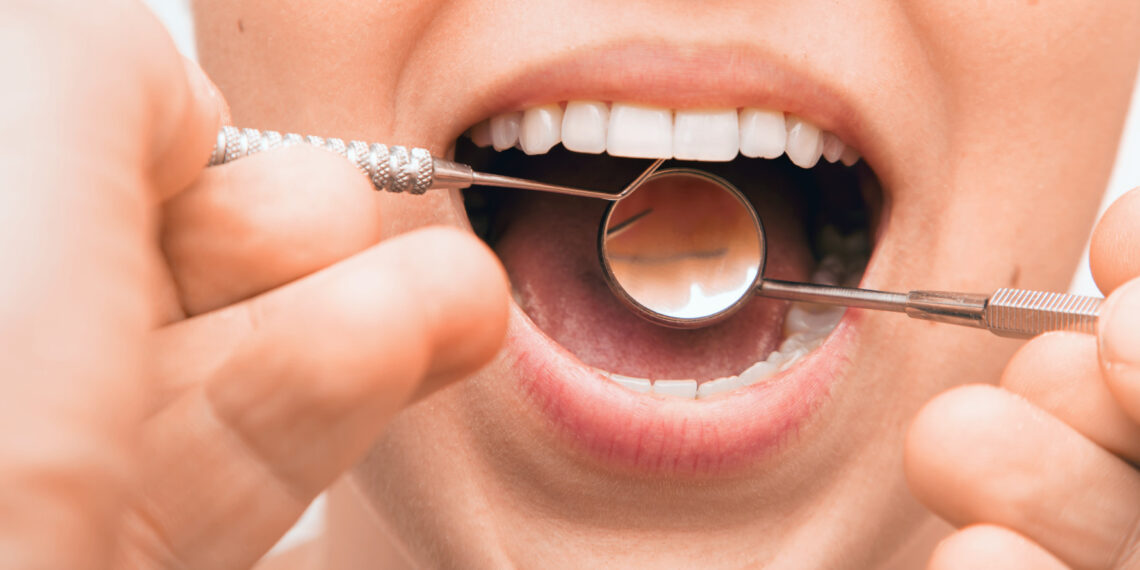Did you know that only 64.9% of American adults visited the dentist last year?
When we think about keeping our bodies healthy we often think about eating the right types of food and exercising, but oral health is just as important in maintaining a healthy body. Plaque and bacteria can build up in your mouth and lead to gum pain, irritation, and even infection.
Read on to discover more about what bumps on the gums mean and if you should seek help.
Table of Contents
What Does a Bump on the Side of My Gum Mean?
Most bumps in your mouth aren’t something that should cause immediate concern. However, they should indicate that you need to take better care of your oral health.
Canker Sore
A common reason why you might find a white bump on the gum line, on your lip, on your tongue, or on your inner cheek is that you have a canker sore. Canker sores are small (often less than 1 centimeter in size), round bumps. These bumps can be painful and cause irritation but will often heal within a week.
Cyst
Alternatively, a bump in the back of the mouth on gums might be a cyst. A cyst is a small bubble filled with air, liquid, or other materials. The majority of cysts form around the root of dead teeth (so on your gum line) and unless the cyst is infected it probably won’t cause pain, but it may grow over time.
You should make an appointment with your doctor if you suspect you have a cyst, as it may need to be removed using a straightforward surgical procedure. Your doctor might also remove some of the dead root tissue to stop the cyst from returning.
Abscess
The third most common reason why you might find a bump on the inside of your gums is that you have an abscess. Abscesses are usually described as soft, warm bumps that are very painful. They’re caused by bacterial infections and often include symptoms such as redness and swelling in your gums or face, throbbing pain, pain on one side of your face (that can spread from your ear to your neck), and pain that worsens when you lie down.
Abscesses are relatively easy to fix, but you will need to visit a dentist, and the sooner you make an appointment, the better. Your dentist will remove the infection and treat your abscess. Your dentist may need to remove a tooth or do a root canal if it is severely infected.
When Should I Seek Help for Bumps on the Gums?
Most of the time finding a bump on your gums is nothing to worry about. It may get better by itself, or you may need to get an appointment with your doctor or dentist.
However, sometimes you may need urgent medical care. For example, if you notice a bump and have a fever, or throbbing pain, or a bleeding sore or lump. You should also seek urgent medical care if the sore doesn’t heal, if it’s getting worse, or if the lump doesn’t go away after a week or two.
Keep Your Mouth Healthy
There are many reasons why you might experience bumps on the gums. Often the cause is due to bacteria or plaque build-up, so make sure you always brush your teeth and have regular dentist visits. If you’re concerned at all about a bump on your gum, make sure you seek medical help because it’s better to get it treated sooner rather than later. Don’t wait until it’s too late and immediately get help from the dentist in Lancaster to treat your gums.
Remember to check out some of our other oral health articles to ensure your teeth, gums, and mouth are healthy and happy.

